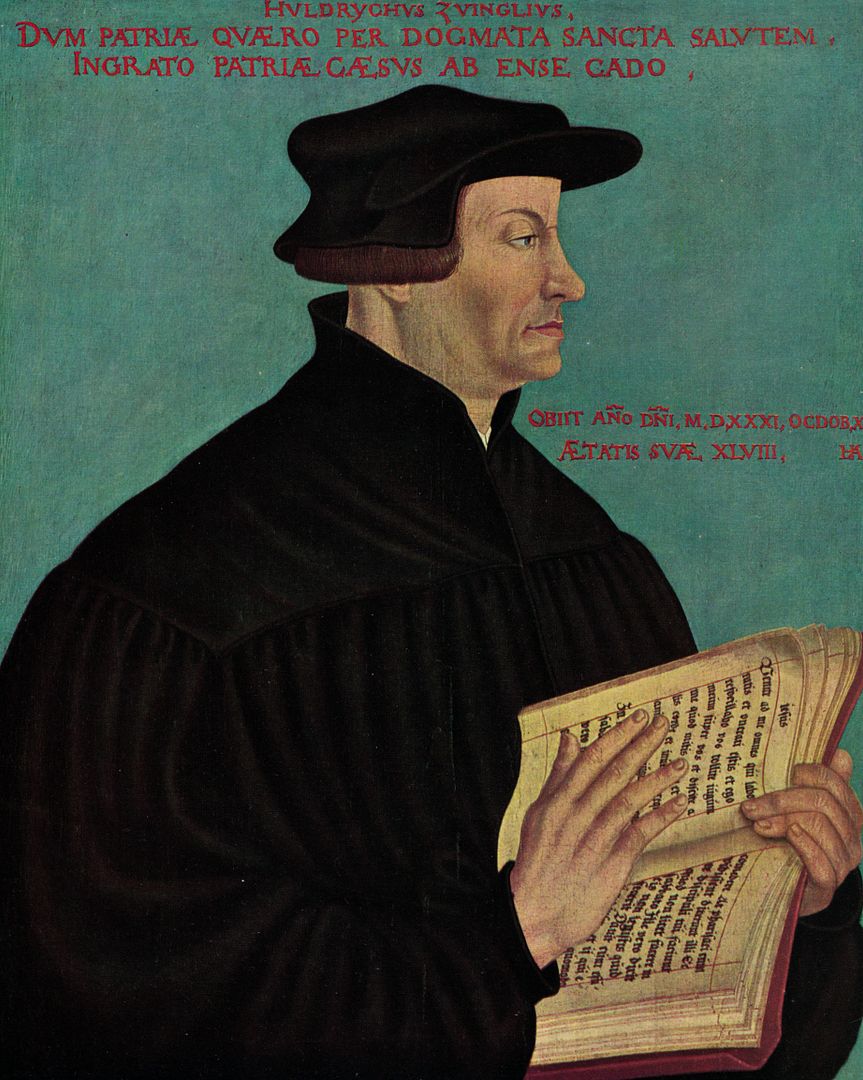You know I'm not prooftexting! I'll begin with some Bible verses that tell about God's passion for all creation:
Genesis 1 God's Word creates everything.
Genesis 1:20-22 God creates sea creatures and birds.
Genesis 1:24-25 God creates all animals.
Genesis 1:26-30 God gives humans dominion over and stewardship of creation; there is plenty of food for everyone.
Genesis 2:19-20 Animals are God’s creation; humans have safekeeping of and naming of animals and birds.

Genesis 7:1-3 At God’s command, Noah takes animals and birds into the ark, which he built at God’s command.
Genesis 8:1 God remembers Noah and all the birds and animals
Genesis 9:8-17 God makes a covenant of grace with "every living creature…birds, cattle, and every beast of the earth."
Psalm 8:7-8 Praise for God’s giving us dominion over creation: flocks, herds, beasts, birds, fish, and sea creatures.
Psalm 36:6c God redeems both humans and animals.
Psalm 50:10-11 God, "The Mighty One," knows and possesses all animals, cattle, birds, field creatures…
Psalm 104:11-12. 14, 17-18, 20-21, 26 The entire psalm celebrates God’s care for
all creation and its creatures: light, heavens, clouds, winds, fire, earth, water, thunder, mountains, valleys, springs, ravines, beasts of the field, wild donkeys, birds of the air, cattle, food, wine, oil, bread, trees, cedars, storks, crags, moon, sun, darkness, beasts of the forest, lions, sea, sea creatures, leviathan…by the Spirit all are created
and renewed!
Psalm 148:7-10 A charge for
all creation to praise its Creator! In other words, for all creation to engage in our "chief and highest end to glorify God and fully to enjoy him forever."
(Westminster Catechism)
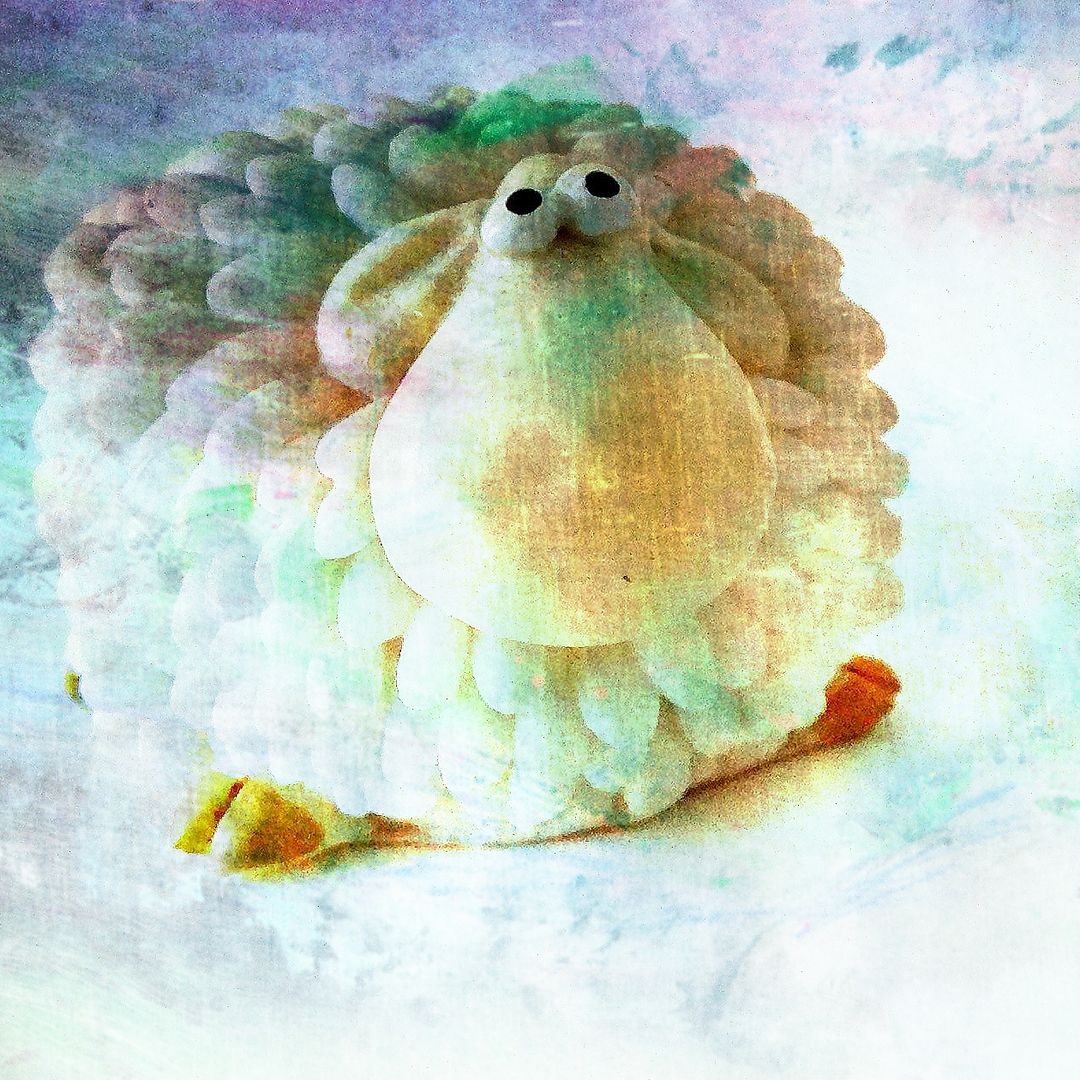
Isaiah 11:6-9 The
Eschaton, "Messianic time" of "new heavens and a new earth": the
Peaceable Kingdom: The wolf will lie down with the lamb, the leopard will lie down with the goat, the calf and the lion and the yearling together; and a little child will lead them. The cow will feed with the bear, their young will lie down together, and the lion will eat straw like the ox…for the earth will be full of the knowledge of the LORD as the waters cover the sea.
Isaiah 41:18 I will make rivers flow on barren heights, and fountains in the midst of the valleys; I will make the wilderness pools of water, and the parched land into springs.
Isaiah 41:19 In the desert I will put the cedar, the acacia, the myrtle and the olive; I will set pines in the wasteland, the fir and the cypress together.
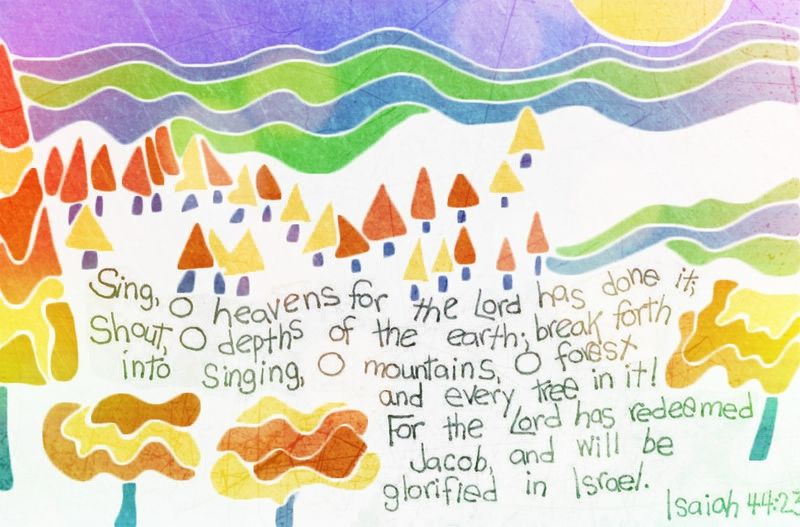
Isaiah 43:23 Sing for joy, O heavens, for the LORD has done this; shout aloud, O earth beneath. Burst into song, O mountains, you forests and all your trees, for the LORD has redeemed Jacob, he displays his glory in Israel.
Isaiah 49:13 Shout for joy, O heavens; rejoice, O earth; burst into song, O mountains! For the LORD comforts his people and will have compassion on his afflicted ones.
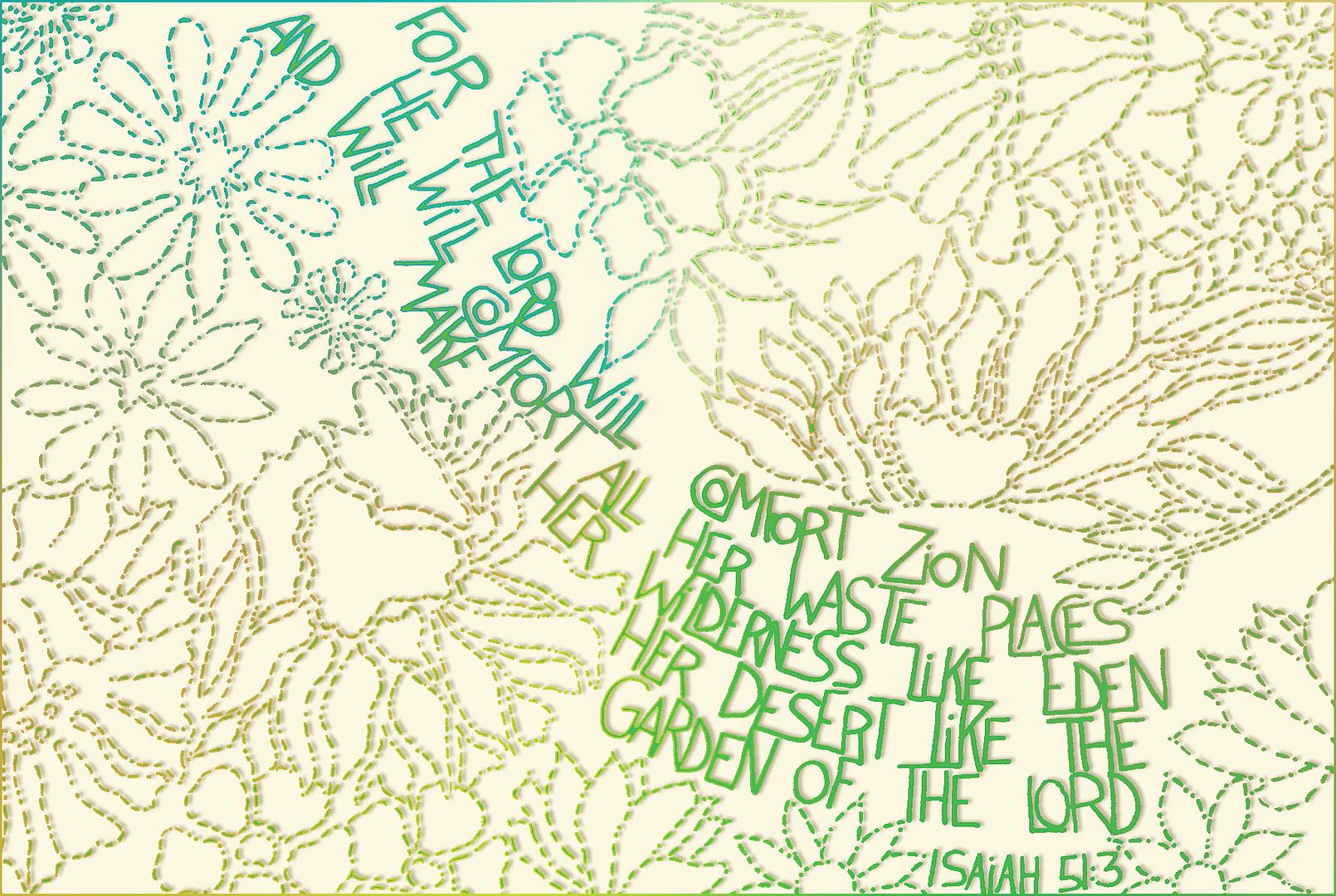
Isaiah 51:3 The LORD will surely comfort Zion and will look with compassion on all her ruins; he will make her deserts like Eden, her wastelands like the garden of the LORD. Joy and gladness will be found in her, thanksgiving and the sound of singing.
Isaiah 65:17, 25 New heavens and a new earth; the wolf, the lamb, and the lion…
Matthew 6:26 …God feeds the birds of the air…
Luke 12:24 God feeds the ravens…
2 Peter 3:13 …new heavens and a new earth…
Several theological concepts and images appear in both the Hebrew Scriptures and in the New Covenant Scriptures of the New Testament I’ve referenced. First comes the act of “creation.” After evoking the first light of earthly time, by His dynamic, creative Word, this free, transcendent, almighty and omnipresent Creator wills to form not only humans, but also every aspect of earthly substance, including “animals,” which carry a creative life force in themselves!
Then, "dominion" and "stewardship" and "naming":
Dominion means
Lordship. To be a steward means to care for one’s charge; in the Bible, to name anything or anyone means to bestow an identity upon that being or thing. Any being’s name – including God’s – reveals or manifests what and who that being is. To know a creature’s name implies both intimacy and relationship; the Word speaks to and redeems
all creation into relationship and intimacy, drawing all creation out from anonymity and estrangement in order to be known by its Creator and by every other creature.
Next, God
remembers not only Noah, but also all the birds and animals. In the biblical witness, history and the memory of history are closely and inextricably linked together. The God of Abraham, Isaac and Jacob, the God of the Sinai Covenant, God of the prophets, God of Jesus the Christ, reveals himself as a God who acts in human history, as God whose primary passion is the humanity of his creation and that humanity’s needs.
And
covenant. There’s no more central concept in the entire Bible!
Covenant is about creation, grace, redemption, renewal; it’s about the primacy of life over death; it’s about the God who initiates and does whatever is necessary to maintain responsive and responsible relationship. In Genesis 9, God’s covenant with "
every living creature" is a covenant of
grace or one of
free gift – in other words, the "coming together" of relationship is
given and
unconditional, rather than being an "if – then" one that depends upon the condition of the giftee’s performance! God makes this covenant; God performs it.
Throughout the witness of the Word of God runs a constant theme of a new and renewed earth, of a new and renewed creation, right here in this physical, material world. The God of the Bible is a God whose supreme self-revelation is in the course of human history, "in, with and under" (Luther) the material stuff of creation. God revealed again and again in water, bread and wine; in humans and in
all of creation – including animals, of course! I’ve quoted just a couple of the many, many
new creation verses – these essentially are
Resurrection texts.
In both testaments there are images of the Lion of God and of the Lamb of God. In New Testament theology, Christ Jesus, the image of the transcendent, invisible God beyond time and beyond space, becomes and is both "Lion and Lamb."
A few more notes: Christianity's – and the Bible's – central proclamation is the Mighty God of All Creation's self-revelation in the powerless, weak and vulnerable – in "the least of these." In Christ Jesus, God became and lived as one of
the least of these, in innocence and vulnerability: vulnerability to the point of death. Although the separate and distinctness of Creator and creature is an essential biblical tenet, just as essential is the conviction God indwells all creation as Holy Spirit! Therefore, the Holy Spirit of God indwells animals, just as it lives in humans. Jesus’ charge to humanity is to be responsible to "the least of these." Jesus says any kindness we pay to these innocents is as if that kindness was done to him…and therefore, as if it was done to God, as Jesus is the image and essence of the Holy God beyond time and beyond space.
The God of the Bible calls us into covenant/relationship/response with our Creator and with
all creation. God addresses us as covenant partners; God speaks to each of us as those who are called to hear, to receive, and to
do his Word. That Word calls us to justice and righteousness; as God’s servants and agents we’re summoned to allow and bring about the restoration and reconciliation of all creation, proclaiming in word and in action, the freedom of the year of
Jubilee. Our God, as Holy Spirit, makes
Shekinah, "dwelling place" with us, making possible our response to creation’s needs. Especially in the Isaiah verses I’ve quoted,
all creation rejoices in its redemption! And if the mountains and hills, deserts and streams celebrate, how much more so the animals!
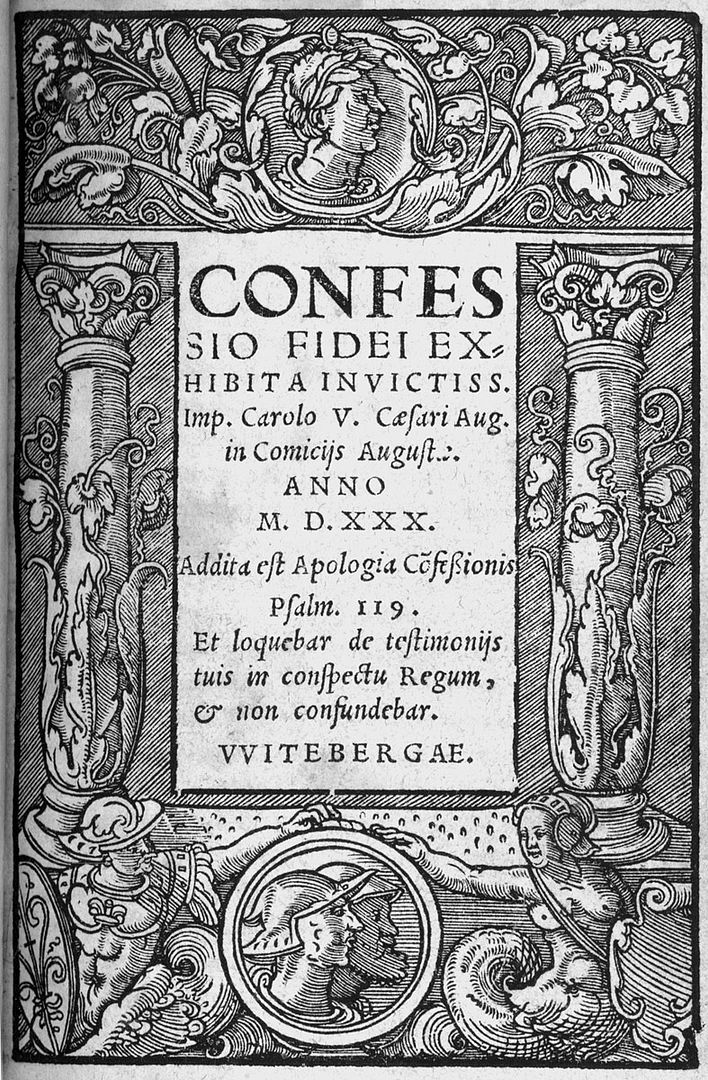 ...At the same time the abominable error was condemned according to which is was taught that our Lord Christ has by his death made satisfaction only for original sin, and had instituted the Mass as a sacrifice for other sins. This transformed the Mass into a sacrifice for the living and the dead, a sacrifice by means of which sin was taken away and God was reconciled ... the Scriptures show in many places that there is no sacrifice for original sin, or for any other sin, except the one death of Christ. For it is written in the Epistle to the Hebrews that Christ offered himself once and by this offering made satisfaction for all sin. It is an unprecedented novelty in church doctrine that Christ's death should have made satisfaction only for original sin and not for other sins as well ... In the second place, St. Paul taught that we obtain grace before God through faith and not through works ... In the third place, the holy sacrament was not instituted to make provision as a sacrifice for sin –for the sacrifice had already taken place ... but to awaken our faith and comfort our consciences when we perceive that through the sacrament grace and forgiveness of sin are promised us by Christ...
...At the same time the abominable error was condemned according to which is was taught that our Lord Christ has by his death made satisfaction only for original sin, and had instituted the Mass as a sacrifice for other sins. This transformed the Mass into a sacrifice for the living and the dead, a sacrifice by means of which sin was taken away and God was reconciled ... the Scriptures show in many places that there is no sacrifice for original sin, or for any other sin, except the one death of Christ. For it is written in the Epistle to the Hebrews that Christ offered himself once and by this offering made satisfaction for all sin. It is an unprecedented novelty in church doctrine that Christ's death should have made satisfaction only for original sin and not for other sins as well ... In the second place, St. Paul taught that we obtain grace before God through faith and not through works ... In the third place, the holy sacrament was not instituted to make provision as a sacrifice for sin –for the sacrifice had already taken place ... but to awaken our faith and comfort our consciences when we perceive that through the sacrament grace and forgiveness of sin are promised us by Christ...

